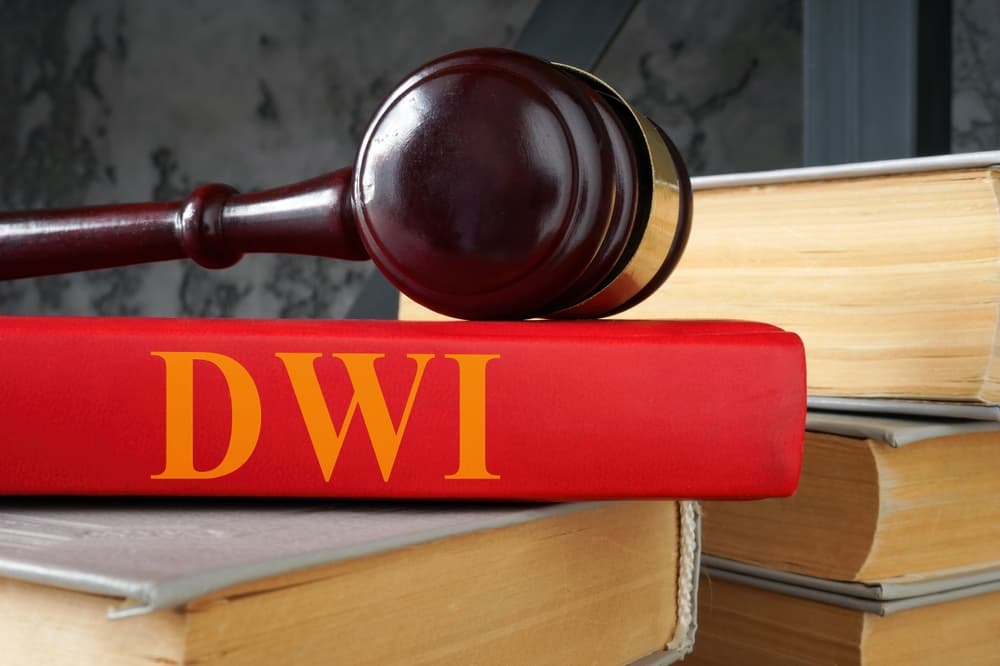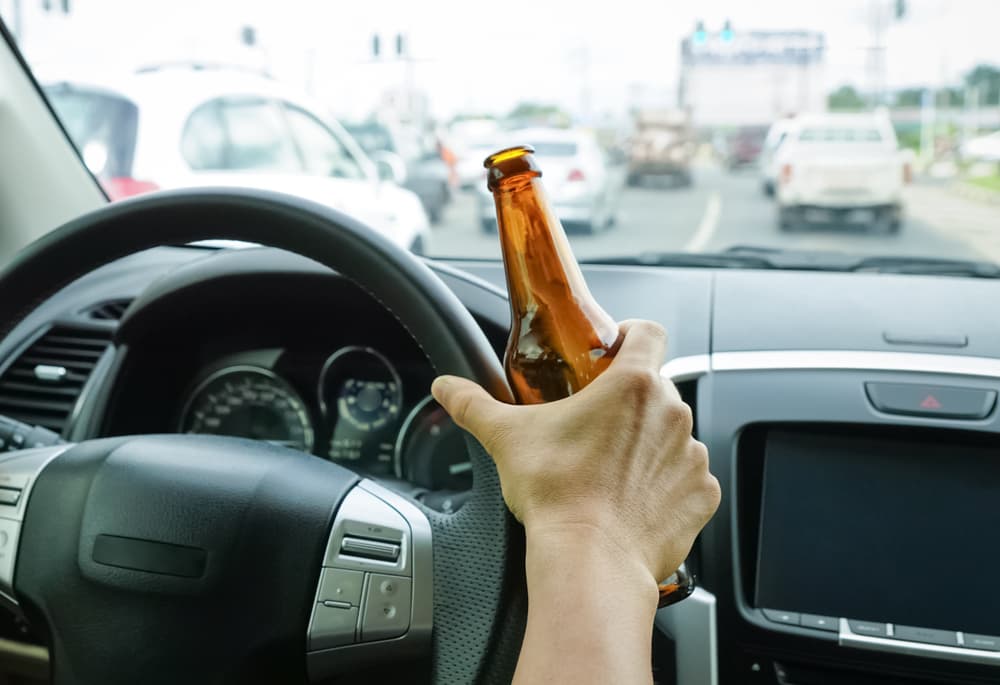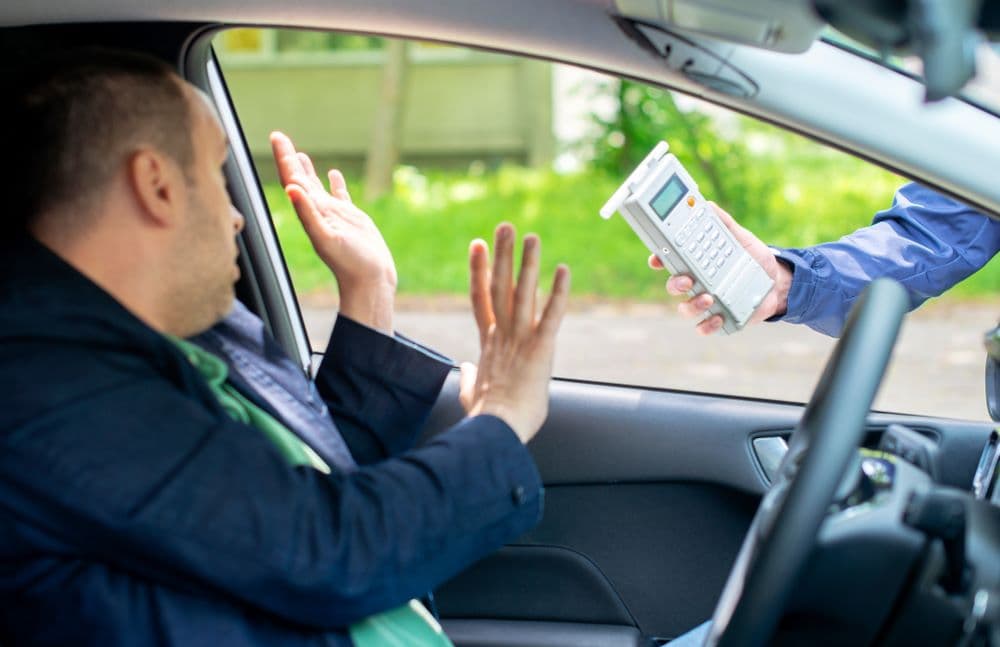The answer is no—DWI checkpoints are not legal in Texas. Texas law does not allow law enforcement agencies to establish checkpoints specifically for checking driver impairment. This restriction is largely due to how Texas courts interpret the Fourth Amendment, which guards against unreasonable searches and seizures. Texas courts have concluded that stopping a vehicle without reasonable suspicion violates the state and federal constitutions. Because DWI checkpoints involve stopping drivers without reasonable suspicion of intoxication, Texas deems this practice unconstitutional.
While Texas does not allow DWI checkpoints, other measures are in place to address impaired driving. Law enforcement uses various strategies, such as increased patrols and sobriety tests, to curb DWI incidents across the state.
If you’re dealing with a DWI charge or have questions about your rights on the road in Texas, consulting a Texas DWI lawyer can provide valuable guidance tailored to your situation. Understanding your rights is crucial to protecting your freedom and making informed choices.
What Are the Fourth Amendment Implications?
The Fourth Amendment of the U.S. Constitution protects against unreasonable searches and seizures. This amendment protects citizens from law enforcement stops without reasonable cause. In states where checkpoints are allowed, these stops often have specific rules to ensure they remain within Fourth Amendment limits. However, in Texas, courts have taken a firm stance, ruling that random stops without cause violate a driver’s constitutional rights.
How Does Texas Enforce DWI Laws Without Checkpoints?

Without checkpoints, Texas law enforcement uses other strategies to control DWI incidents and ensure public safety. One common method is increasing patrolling in areas with high incidences of impaired driving. Texas law enforcement officers are trained to recognize signs of intoxication, including erratic driving, delayed reactions, and inconsistent speed changes. Officers who have reasonable suspicion of impaired driving can legally stop the vehicle and conduct field sobriety tests.
In addition to patrolling, Texas law enforcement also relies on community tips. People are encouraged to report suspected impaired drivers to local authorities, which allows officers to respond quickly. While Texas may not use checkpoints, the state still employs effective strategies for identifying and stopping impaired drivers.
What Are the Penalties for DWI in Texas?

In Texas, DWI penalties escalate with repeat offenses and aggravating factors. A first offense is typically a Class B misdemeanor, punishable by a fine up to $2,000, 3-180 days in jail, and license suspension for 90 days to 1 year. Second offenses are Class A misdemeanors with fines up to $4,000 and 30 days to 1 year in jail. Third offenses become third-degree felonies, carrying fines up to $10,000 and 2-10 years in prison.
All convictions include additional penalties such as annual surcharges, mandatory education programs, and possible ignition interlock devices. Aggravating circumstances like high BAC levels, child passengers, or causing injury or death significantly increase penalties. Administrative penalties, including license suspension, are separate from criminal penalties and may be imposed regardless of conviction.
What Should You Do If Stopped for Suspected DWI in Texas?
While Texas does not have DWI checkpoints, law enforcement can still stop a vehicle if there is reasonable suspicion of impaired driving. Understanding your rights and responsibilities is key if you are pulled over and suspected of DWI. Drivers are legally required to provide their license, insurance, and vehicle registration, but they have the right to remain silent beyond these basic disclosures.
Officers commonly use field sobriety tests and breathalyzer tests to assess impairment. While you have the right to refuse these tests, it’s essential to understand that refusal can lead to additional consequences, such as license suspension. Consulting a Texas DWI lawyer can clarify these situations, helping drivers make informed decisions.
Can You Refuse a Breathalyzer in Texas?

Texas has what is known as an "implied consent" law. By driving, you implicitly agree to submit to a breathalyzer or other chemical tests if suspected of DWI. Refusing a breathalyzer in Texas is legal, but it comes with penalties. If you refuse, your license can be automatically suspended, even if you’re not convicted of DWI. The length of the suspension depends on whether it's a first-time or repeat offense. This law underscores Texas’s approach to balancing individual rights with public safety.
Working with a Texas DWI lawyer can be beneficial if you're navigating the implications of a breathalyzer refusal. They can help explain the suspension process and any options to challenge the penalties.
How Can a Texas DWI Lawyer Help in a DWI Case?
If you’ve been charged with DWI in Texas, consulting a Texas DWI lawyer is one of the most beneficial steps you can take. A lawyer can provide advice on defense strategies, help understand the legal process, and potentially reduce penalties. DWI cases involve complex evidence, including BAC levels, field sobriety tests, and other law enforcement observations. A lawyer can review this evidence, ensuring it was obtained legally and accurately.
What Are Common Defenses in Texas DWI Cases?
Several defenses are available to those charged with DWI in Texas. Some of these defenses involve challenging the evidence or the procedures followed by law enforcement. For example, if a breathalyzer test was incorrectly calibrated, a Texas DWI lawyer can challenge its accuracy. Field sobriety tests can also be challenged if conducted improperly, as physical conditions or environmental factors may influence results.
Other defenses might focus on whether the officer had reasonable suspicion for the stop. In Texas, where checkpoints are not allowed, law enforcement must demonstrate reasonable suspicion or probable cause for any stop. If this criterion was not met, it can serve as a basis for challenging the case.
Are There Alternatives to Conviction for DWI Charges?
Texas offers some alternatives to conviction for first-time DWI offenders, such as diversion programs and probation. These options typically involve attending alcohol education classes, undergoing counseling, or participating in community service. While these alternatives do not guarantee an automatic dismissal of charges, they can result in reduced penalties and may prevent a conviction from appearing on a person’s record.
A Texas DWI lawyer can help clients determine eligibility for these alternatives and guide them through the requirements. For those committed to improving their behavior and avoiding further legal trouble, these alternatives can be valuable in minimizing the long-term impact of a DWI charge.
Don't Hesitate to Seek Legal Guidance from a Texas DWI Lawyer
While DWI checkpoints are illegal in Texas, the state has a strong framework for handling DWI cases without them. By focusing on reasonable suspicion, law enforcement officers can still identify and address impaired drivers effectively.
For those facing DWI charges, understanding the legal process and working with a Texas DWI lawyer can make a significant difference in managing the case. Texas takes DWI offenses seriously but also respects individual rights, creating a unique legal landscape for those involved in such cases. If you're facing a DWI charge, don't hesitate to seek legal guidance from criminal defense lawyers—knowing your rights and options can help protect your future.
About The Author:
Brandon Fulgham has an in-depth understanding of both Texas law and Texans themselves. Before practicing law here, he received his undergraduate degree from TCU and his law degree from South Texas College of Law in Houston. After graduation, he worked in District Attorneys’ offices as a prosecutor. Now, he uses that knowledge to anticipate opposing counsel’s arguments and protect the rights of people in and around Fort Worth. His work has been recognized by Expertise (Best Criminal Defense Lawyers in Forth Worth and Best DUI Lawyers in Fort Worth, both 2020), Fort Worth Magazine, and The National Trial Lawyers, just to name a few.
Author's Bio